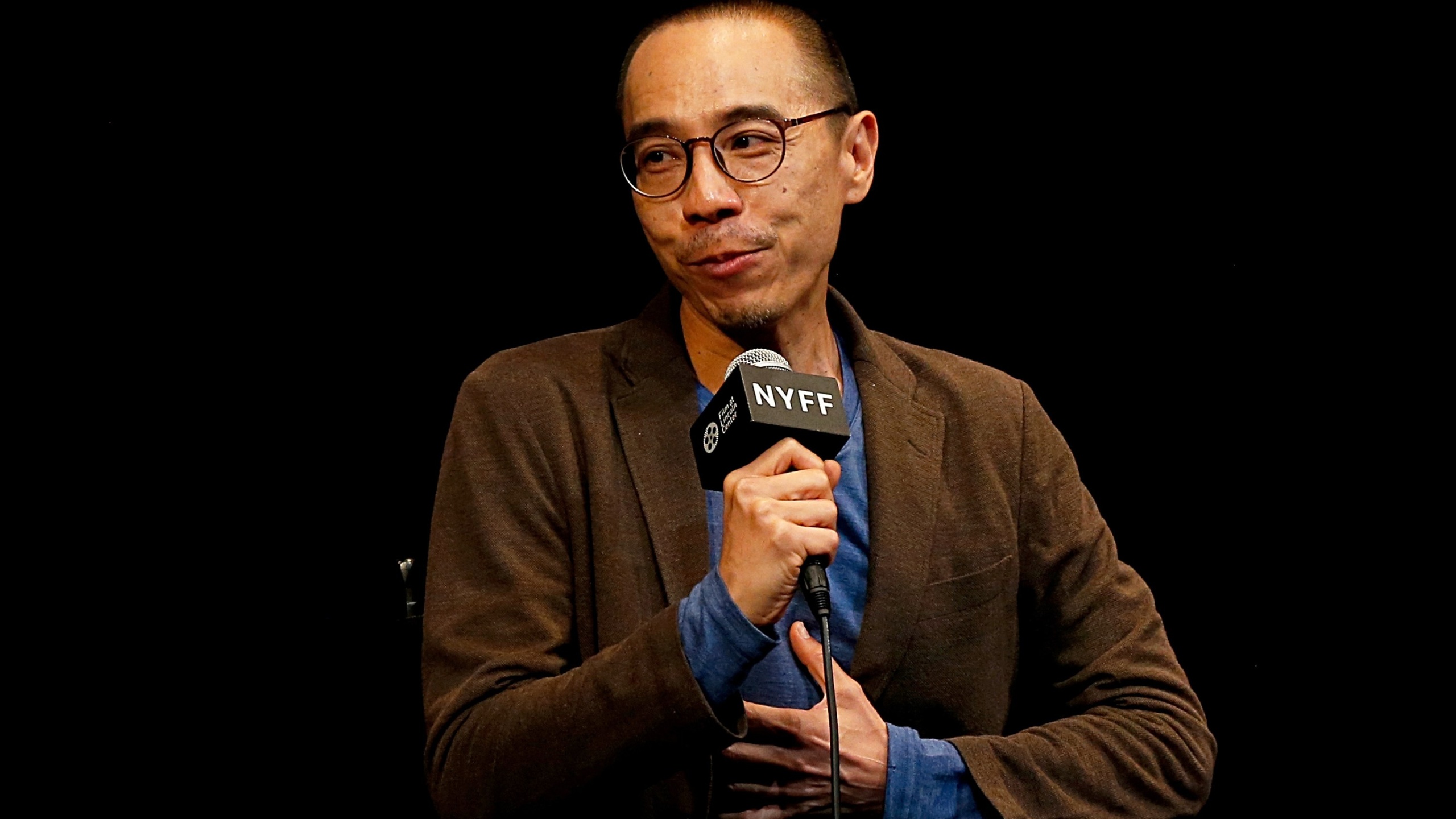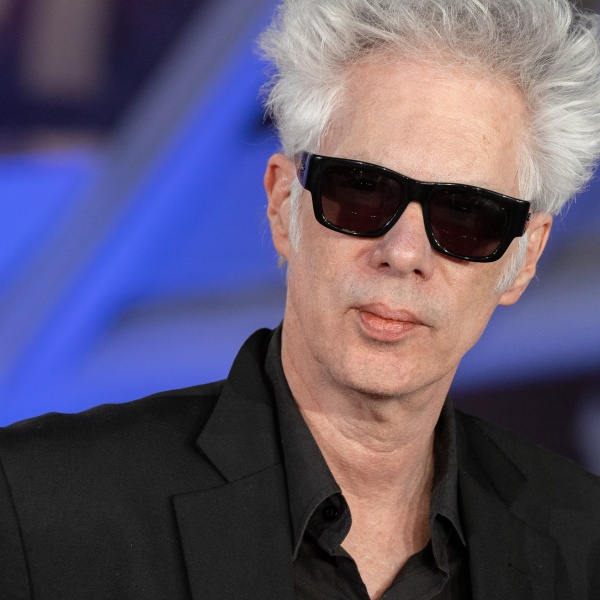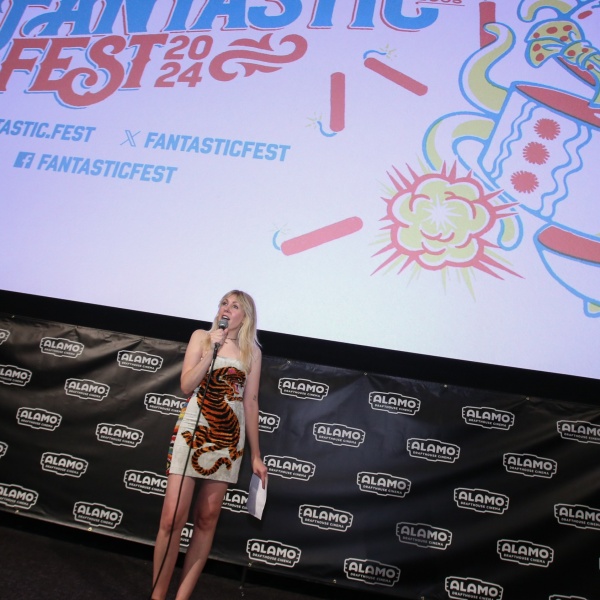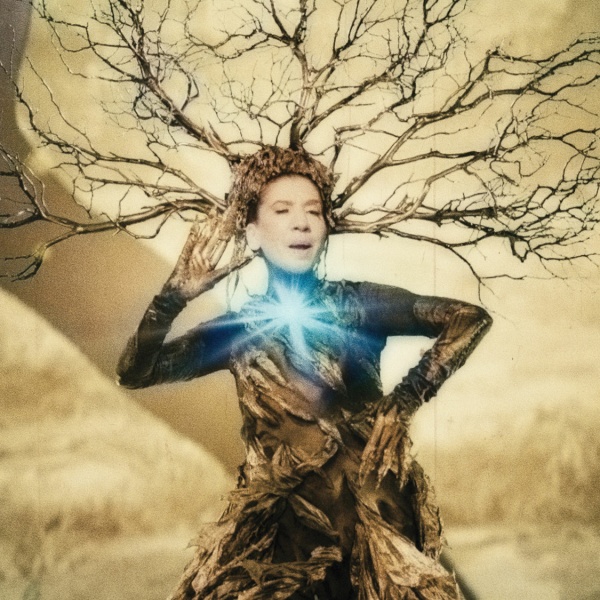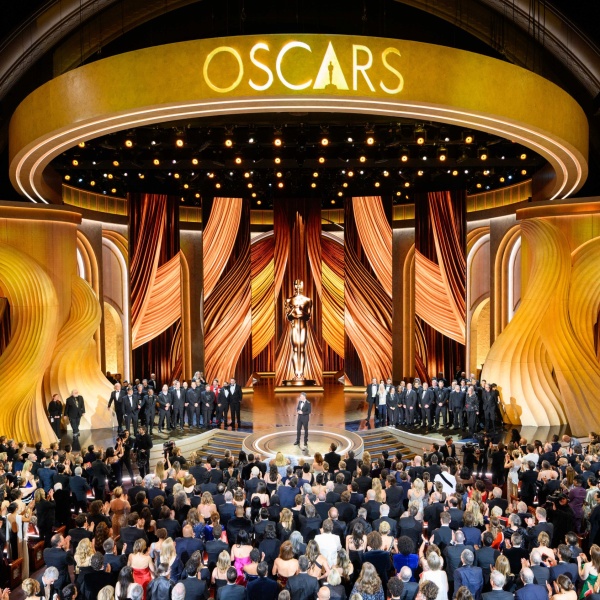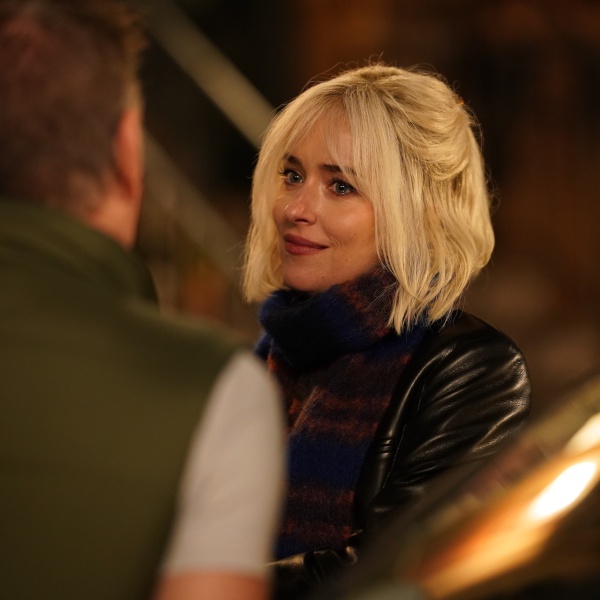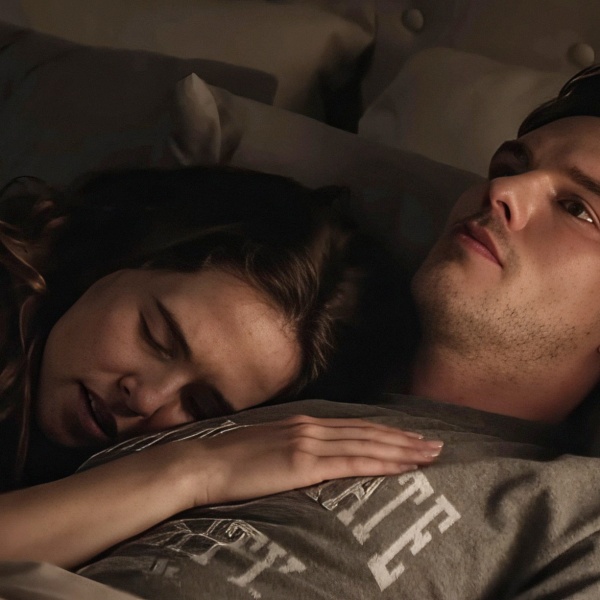Eight years ago, the most famous Thai director in the world told IndieWire that was finished making movies in Thailand. After the release of his haunting “Cemetery of Splendour,” Apichatpong Weerasethakul said the threat of censorship had become too much for him. “I’ll say about a topic, ‘Hey, you cannot say that because you’ll be in jail,’” he said. “I’ve started to feel suffocated by this limitation.”
Weerasethakul — he goes by “Joe,” perhaps as an act of mercy for Westerners who struggle to pronounce his name — has only started the international phase of his career. “Memoria,” his first movie made outside of Thailand, became the country’s official Oscar submission in 2021. He’s already planning another one in Sri Lanka.
Yet Thailand remains the one place he feels most comfortable even as his work takes him elsewhere. He was calling from the northeastern region of the country while visiting his mother. Thirty years into a career of dreamlike cinematic creations and installation art, the 52-year-old filmmaker travels constantly but always finds his way back home.
“For a long time, Thailand hasn’t been that easy to live in, but there’s a lot of reasons to love being here,” he said. “It’s not only about my career. We move a lot for different things, mainly for love. I think if I find love of a location or person or people, that could be part of a reason to move, but not yet.”
The filmmaker’s latest path has found him on a cross-country journey through the United States as he works to restore much of his work from the past 30 years. Last month, he attended retrospectives of his films at the Pacific Film Archive in Berkeley and the Walker Art Center in Minneapolis ahead of a final stop at New York’s Film at Lincoln Center for a retrospective that includes rare prints of his earlier films and other work that has inspired him (the series includes everything from Frederick Wiseman’s simian portrait “Primate” to Russ Meyers’ “Faster, Pussycat! Kill! Kill!” and John Cassavetes’ “Opening Night,” a range that encapsulates the way Weerasethakul’s work merges documentary observation with otherworldliness).
Weersethakul’s movies submerge the viewer into mysterious and meditative soundscapes, which stand in striking contrast to the messiness of today’s home viewing standards. From the ethereal drift of his ghostly hospital drama “Syndromes and a Century” through the spiritual beings that haunt the forest of Palme d’Or winner “Uncle Boonmee Who Can Recall His Past Lives,” Weerasethakul’s movies demand an attentive audience to get lost in their mysteries. Good luck doing that at home.
“I don’t consider them my films when they show on the smaller screen,” he said. “I’ve been resisting streaming a lot.” When Neon, the U.S. distributor for “Memoria,” decided to release the film exclusively in theaters one city at a time indefinitely, he embraced the decision. “With all these arthouses and independent cinemas struggling in this time of change, it was really important,” he said. He didn’t enjoy the same luxury at home. “I think we’re going with Netflix in Thailand,” he said, with a sheepish grin. “We no longer have small cinemas here.”
Though Weerasethakul graduated from the Art Institute of Chicago over 25 years ago, the U.S. still has a foreign quality to him. “America feels like it’s changing each time I visit,” he said. “There’s an issue of race that I don’t understand. There’s a sense of looking back and trying to approach it that way. I’m not sure I understand this complexity. It would be hard to penetrate that if I worked here.”
Coming from another director, that statement might register as naive. Yet Weerasethakul, who led a filmmaking retreat in the Amazon last year that started each day with meditation, doesn’t relate to the world in terms of race, ethnicity, or any other conventional boundaries of human identity. His movies have a transcendent power that often creates the impression of another dimension creeping into this one. “My films have a shared sense of being, this awareness of suffering and joy,” he said. “I hope it’s something very universal.”
That may be why he’s one of the few major directors who shows no fear of artificial intelligence encroaching on his process. Last year, he created the VR project “A Conversation With the Sun,” and also wrote an accompanying book that he wrote in collaboration with GPT-3, well before OpenAI’s chatbot became a mainstream media fixture. The VR component blends footage from his personal archive with AI-rendered images of famous artists. “VR is a distinct language,” he said. “It isn’t going to jeopardize cinema.”
He was skeptical of arguments against the application of AI in the arts community. “Personally, I am happy to witness its progress and impact,” he said. “People need to govern AI because the fear of powerlessness, of losing authority, safety, et cetera. … This idea of an insecure reality has always been in mankind.” By contrast, he was gratified by the process of collaborating with a machine. “Our relationship with knowledge has always been shifting,” he said. “Knowledge used to be exclusive. Now it is common, shared, cheap. Likewise, artistic skill is no longer exclusive. Al is part of that shift. Does it create more psychological pollution? The human mind has always been polluted or programmed.”
As an itinerant artist adverse to commercial endeavors — he survives on grants and government subsidies — Weerasethakul has little relationship to Hollywood beyond armchair observations. But he isn’t concerned about the art form. “I love technology and trying new things,” he said. “But I think cinema has its own roots. It will continue on its way.”
“The World of Apichatpong Weerasethakul” runs at the Film at Lincoln Center May 4-16.
